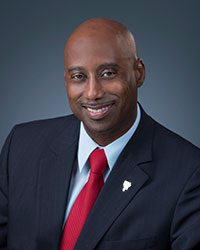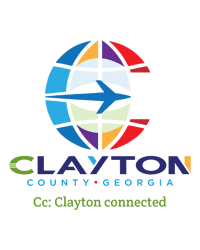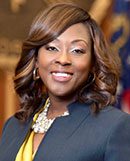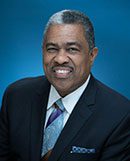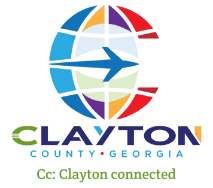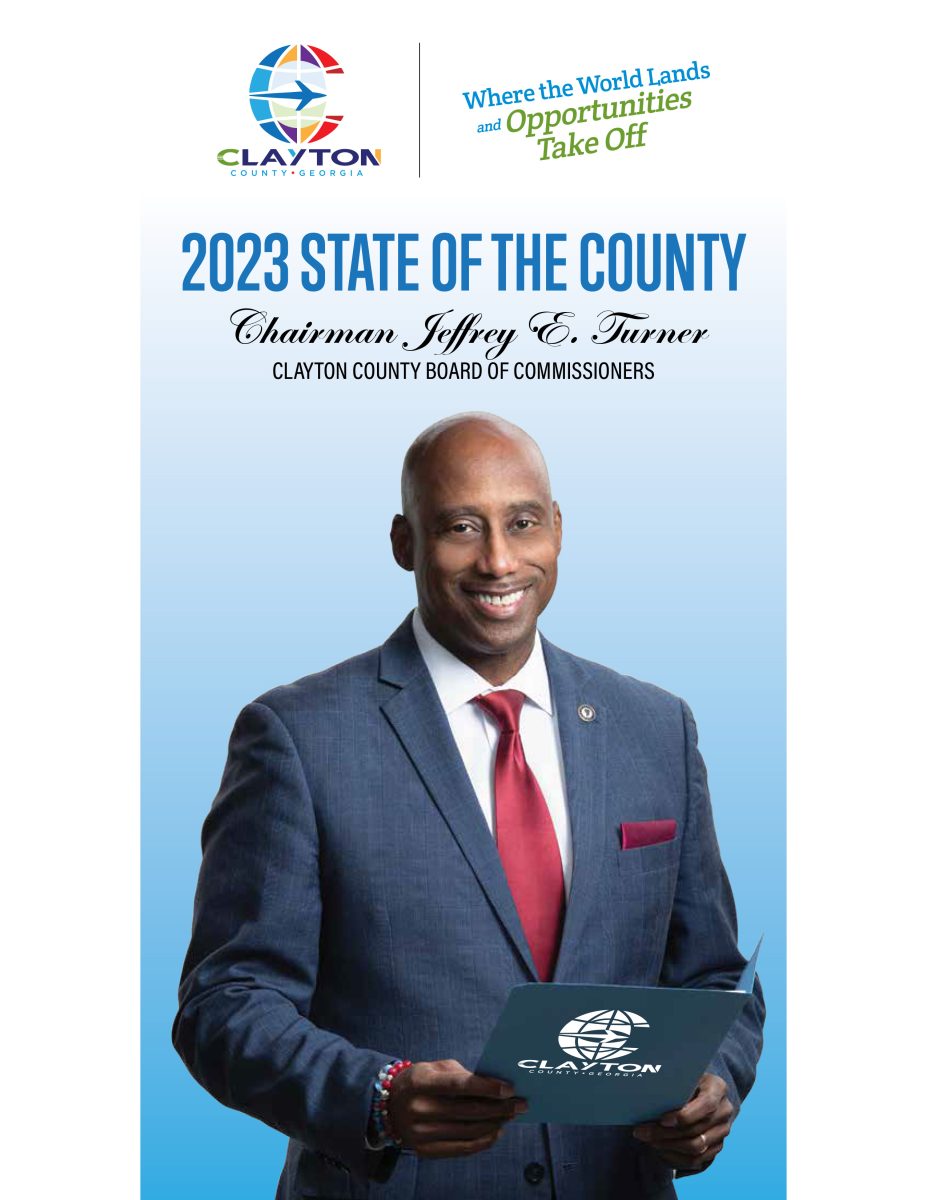Contact:
Paul Donsky
404-202-4662
pdonsky@atlantaregional.org
ARC’s Local Leadership Housing Action Committee Makes Collective Commitment to Address Housing Challenges
Atlanta — Oct. 28, 2022
The Atlanta Regional Commission’s Local Leadership Housing Action Committee today announced a “collective commitment” to address housing challenges in metro Atlanta, including a growing lack of affordable housing.
The committee, convened by ARC, was comprised of 12 mayors and county commissioners from across metro Atlanta. The group met over the past year to explore the region’s housing challenges and identify their leadership roles in influencing and transforming affordable housing in their communities and Metro Atlanta.
The members recognize that each jurisdiction faces different challenges that will require their own tailored solutions, and that external factors outside their control, such as economic trends, may affect outcomes.
Over the next two years, committee members pledged to work with their community leadership to explore steps that are designed to:
- Deepen understanding of local housing issues and policies. This may include conducting a housing study to develop affordable housing priorities and strategies to understand barriers.
- Increase local governments’ capacity to address housing issues, such as adding housing-specific staff positions, increasing professional development for existing staff, and creating cross-sector teams to collaborate on housing issues.
- Increase local resources dedicated to developing and supporting housing, such as providing funding through budgets, tax abatements, or bonds.
- Engage in local, state, and federal efforts to address housing challenges.
- Partner with public, private, and nonprofit organizations to foster housing solutions.
- Educate residents about housing issues and build support for potential solutions.
“None of this will be easy, but we simply can’t afford to sit back and accept the status quo,” said Anna Roach, ARC Executive Director. “I am deeply proud of this committee’s work and its determination to tackle this issue head-on. Strong leadership and the political will to make tough decisions is required to bring about meaningful change.”
The committee was advised by a group of organizations that have been working to improve housing in metro Atlanta, including the Atlanta Neighborhood Development Partnership, Enterprise Community Partners, the Federal Reserve Bank of Atlanta, Georgia Conservancy, and ULI Atlanta, and was co- chaired by Gwinnett County Commission Chair Nicole Hendrickson and Rob Garcia, Pinnacle Financial.
“Housing has become one of our region’s most urgent challenges,” said Gwinnett County Chair Nicole Hendrickson, who co-chairs the committee. “We’ve talked about this issue for long enough. It’s time for action. This committee is committed to affecting meaningful change.”
ARC convened the housing committee as part of the implementation of the Metro Atlanta Housing Strategy, which launched in 2019 to provide a regional, collaborative approach to address the area’s housing challenges.
The trends are troubling. The supply of for-sale and rental housing isn’t keeping up with demand, pushing costs up much faster than wages. Meanwhile, the existing supply of affordable housing is rapidly declining.
Committee Co-Chair Rob Garcia, Atlanta Regional President at Pinnacle Financial Partners, said improving housing affordability is critical to the region’s future.
“The Atlanta region’s affordability has been one of the main engines of our economic growth over the past few decades,” he said. “We must address our housing issues if we are to remain competitive with our peer metro areas and also to enhance quality of life for our residents.”
The Local Leadership Housing Action Committee members are:
- Nicole Hendrickson, Chair, Gwinnett County Commission (Chair of Committee)
- Rob Garcia (Vice Chair of Committee)
- Jeffrey Turner, Chair, Clayton County Commission
- Lisa Cupid, Chair, Cobb County Commission
- Harry Johnston, Chair, Cherokee County Commission
- Carlotta Harrell, Chair, Henry County Commission
- Ted Terry, Super District 6 Representative, DeKalb County Commission
- Patti Garrett, Mayor, City of Decatur
- Lynn Deutsch, Mayor, City of Dunwoody
- Rusty Paul, Mayor, City of Sandy Springs
- Vince Williams, Mayor of Union City
The Local Leadership Housing Action Committee advisory body included:
- Ashani O’Mard, Senior Vice President, Strategic Housing Investments, Atlanta Neighborhood Development Partnership
- Meaghan Shannon Vlkovic, vice president and market leader for Enterprise Community Partner’s Southeast Market
- Sara Haas, Senior Director of Enterprise Community Partners’ Southeast Market
- Daphne Bond-Godfrey, Director, ULI Atlanta
- Katherine Moore, President, Georgia Conservancy
Local Leadership Housing Action Committee – Individual Commitments
NOTE: Committee members are pledging to work collaboratively with their fellow elected officials and members of the community to explore steps to address their jurisdiction’s housing challenges.
CLAYTON COUNTY – Chairman Jeff Turner
- Pursue diverse housing development options that offer resident-quality shelter as well as access to essential services (e.g., employment, retail, health and other human services)
- Pursue holistic housing solutions, which integrate diverse community stakeholders (e.g., physical and mental health service providers, school systems/educators, and developers)
- Share the impact of the Star-C development, which provides mixed-use housing and includes wrap-around services (e.g., tutoring for kids, senior programming) for residents
COBB COUNTY – Chairwoman Lisa Cupid
- Use the “Complete Communities” model to build a “Live Cobb” initiative that seeks to meet the basic needs of all residents in a community, regardless of income, culture, or political ideologies, through integrated land use planning, transportation planning, and community design
- Create a Housing Task Force
- Continue to work with other jurisdictions, such as the City of Decatur, to explore housing initiatives and best practices.
DEKALB COUNTY – Commissioner Ted Terry
- Explore a Cottage Court Ordinance, using Doraville’s Cottages on Vaughn as success story.
- Explore updating the Conservation Community Ordinance to allow for a greater range of housing types/sizes
- Collaborate with Out of Hand Theater to develop housing vignettes/videos that will educate a larger audience on common housing challenges (e.g., senior displacement, “missing middle,” empty nesters)
- Collaborate with a variety of stakeholders to democratize the development process, including:
- Re-open conversations with local zoning attorneys regarding the options for/diversity of development paradigms
- Seek feedback from development financiers on what and how new development paradigms can work in DeKalb County
- Educate community residents on the potential to participate in housing development, even on small scale
GWINNETT COUNTY – Chairwoman Nicole Hendrickson
- Conduct a comprehensive housing study to establish housing goals and priorities
- Develop organizational infrastructure (i.e., dedicated staff/housing department)
- Align zoning ordinance with comprehensive plan; review current zoning and land use regulations for potential housing-related amendments
- Hold joint work sessions of county and municipal leaders, planning commissioners, planning staff to discuss trends/barriers to zoning
- Leverage public land ownership and development priorities to promote affordable and workforce housing
- Explore applicable developer financial tools (i.e., LIHTC/TAD/Opportunity Bonds)
- Increase community education and awareness
HENRY COUNTY – Chairwoman Carlotta Harrell
- Seek to establish a County Housing Authority (only two cities in county have housing authorities, for total of just 110 units)
- Identify permanent rental subsidy, homebuyer subsidy, and/or down payment assistant sources
- Pursue senior housing developments
- Seek Participating Jurisdiction (PJ) designation this year to secure home funds for down payment assistance (DPA)
- Combine comprehensive transportation plan/efforts with housing initiatives – offers transport to employment training/opportunities and other services (necessary for housing sustainability)
- Following an August 2022 visit by Henry County government, cities, and local leaders to see and speak with partners of Gwinnett County’s new homeless shelter, review the model and duplicate its successes in Henry County based on the information and ideas shared and lessons learned
- Pursue tiny homes (Hero Homes) option for local veterans
- Address workforce housing needs by working with market rate developers to request affordable set-aside units within their developments
CITY OF DECATUR – Mayor Patti Garrett
- Seek funding increase to purchase additional properties through the Decatur Land Trust, which was established as a non-profit entity in 2021 (and has six pending home sales).
- Position city’s new Affordable Housing Planner to assist with implementing goals and strategies outlined in Affordable Housing Task Force that was adopted in 2020.
- Hold public hearings in fall 2022 and early 2023 regarding compatibly sized duplexes, triplexes, and quads (often referred to collectively as “missing middle housing”) that were once common within the city’s neighborhoods
CITY OF DUNWOODY – Mayor Lynn Deutsch
- Work with housing committee peers/partners (and beyond) to:
- Plan/host meeting with metro Atlanta school board chairs or superintendents regarding housing and school connections
- Explore a “vacant house tax” for properties being held by investors and maintained but sitting empty
- Pursue property tax reform for 65+ residents
- Test impact of adding a third Code Enforcement Officer
- Pursue senior housing options
- Advocate for expanded regional transit options to connect metro Atlanta residents to Dunwoody jobs
CITY OF SANDY SPRINGS – Mayor Rusty Paul
- Review city land use regulations to determine what may be archaic or puts unnecessary obstacles and/or costs on construction
- Connect with AtlantaNeighborhood Development Partnership (ANDP) leadership on city-nonprofit development partnerships
CITY OF UNION CITY – Mayor Vince Williams
- Pursue employer-assisted housing opportunities. Connect with employers like Amazon (four distribution centers in Union City) to assist with affordable housing solutions (e.g., education of and/or housing-related products for employees) for employees who would like to live in Union City
- Attract additional multifamily apartments and townhomes that are considered “affordable” and located within walking distance of retail and services.
The Atlanta Regional Commission (ARC) is the official planning agency for the 11-county Atlanta Region that includes Cherokee, Clayton, Cobb, DeKalb, Douglas, Fayette, Forsyth, Fulton, Gwinnett, Henry, and Rockdale counties as well as the City of Atlanta and 74 other cities. The Atlanta Regional Commission serves as a catalyst for regional progress by focusing leadership, attention, and planning resources on key regional issues.






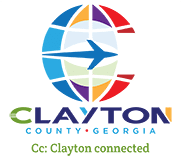

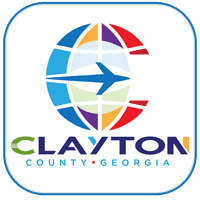 Click Clayton
Click Clayton